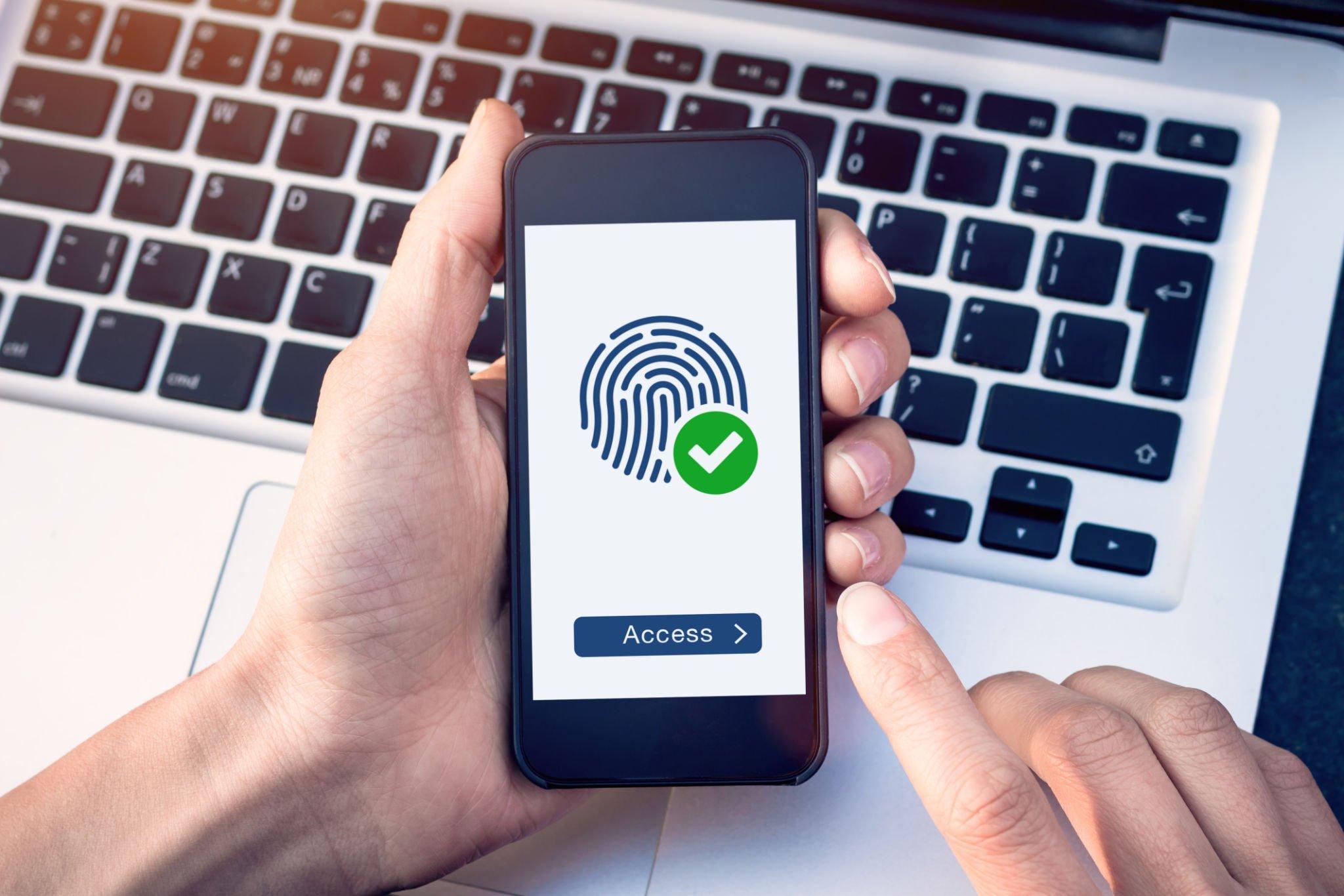In today’s digital era, where a significant portion of our lives revolves around online transactions and financial activities, protecting our personal information is paramount. With the increasing frequency of cyberattacks and data breaches, the need for robust cybersecurity measures has never been more crucial. One of the most effective ways to safeguard your financial data is by utilizing a password manager.
What is a Password Manager and Why is it Important?
A password manager is a secure software application that stores and manages your login credentials for various online accounts, including your banking, investment, and e-commerce platforms. It encrypts your passwords with advanced encryption algorithms, making them inaccessible to unauthorized individuals, even if your device is compromised.
The importance of password managers lies in their ability to eliminate the need for reusing or memorizing weak passwords. Reusing passwords makes you vulnerable to credential stuffing attacks, where hackers use stolen login credentials from one site to gain access to other accounts that use the same password. Password managers generate and store strong, unique passwords for each account, significantly reducing the risk of data breaches.
Benefits of Using a Password Manager in India
In India, the adoption of digital banking and online financial services has grown exponentially. This growth has also attracted cybercriminals, making it essential for Indian users to take proactive steps to protect their financial data. Password managers offer a range of benefits in this context:
- Enhanced Security: Password managers provide a secure vault for storing your passwords, eliminating the risk of unauthorized access.
- Convenience: Password managers automatically fill in your login credentials, saving you time and effort. They also synchronize across devices, ensuring seamless access from anywhere.
- Strong Password Generation: Password managers generate strong, unique passwords for each account, preventing credential reuse and reducing the risk of data breaches.
- Two-Factor Authentication (2FA) Integration: Many password managers integrate with 2FA, adding an extra layer of security to your accounts.
- Secure Sharing: Password managers allow you to share login credentials securely with trusted individuals or grant access for specific purposes.

Choosing the Right Password Manager for Your Needs
With various password managers available, selecting the right one for your needs is crucial. Here are some factors to consider:
- Security: Evaluate the encryption algorithms used by the password manager and its reputation for security.
- Features: Consider the features that are important to you, such as automatic password filling, multi-device synchronization, and 2FA integration.
- Ease of Use: Choose a password manager with a user-friendly interface that is easy to navigate and understand.
- Pricing: Compare pricing plans and choose one that aligns with your budget and requirements.
Popular Password Manager Options in India
Several popular password managers are widely used in India, offering a range of features and pricing options:
- 1Password: Known for its strong security and user-friendly interface, 1Password offers both free and paid plans.
- LastPass: Another popular option, LastPass provides robust security features and a generous free plan.
- Dashlane: Dashlane is known for its sleek design and ease of use, offering both free and paid plans.
- Keeper: Keeper offers a wide range of features, including secure messaging and file storage, with both free and paid plans.
- Bitwarden: Bitwarden is an open-source password manager that is highly secure and offers a generous free plan.
Getting Started with a Password Manager
Once you’ve chosen a password manager, follow these steps to get started:
- Create an Account: Sign up for an account with your chosen password manager.
- Install the Software: Install the password manager software on your devices, including your computer, smartphone, and tablet.
- Import Existing Passwords: Import your existing passwords from your browser or other storage locations.
- Create Strong, Unique Passwords: Generate strong, unique passwords for each of your online accounts.
- Enable 2FA: Integrate 2FA for your accounts wherever possible.
- Practice Safe Password Habits: Avoid sharing your master password with anyone and regularly review your password security practices.
Conclusion
Password managers play a crucial role in safeguarding your personal finance in today’s digital world. By implementing a password manager and following recommended security practices, you can significantly reduce the risk of cyberattacks and data breaches, protecting your financial information and ensuring peace of mind.

